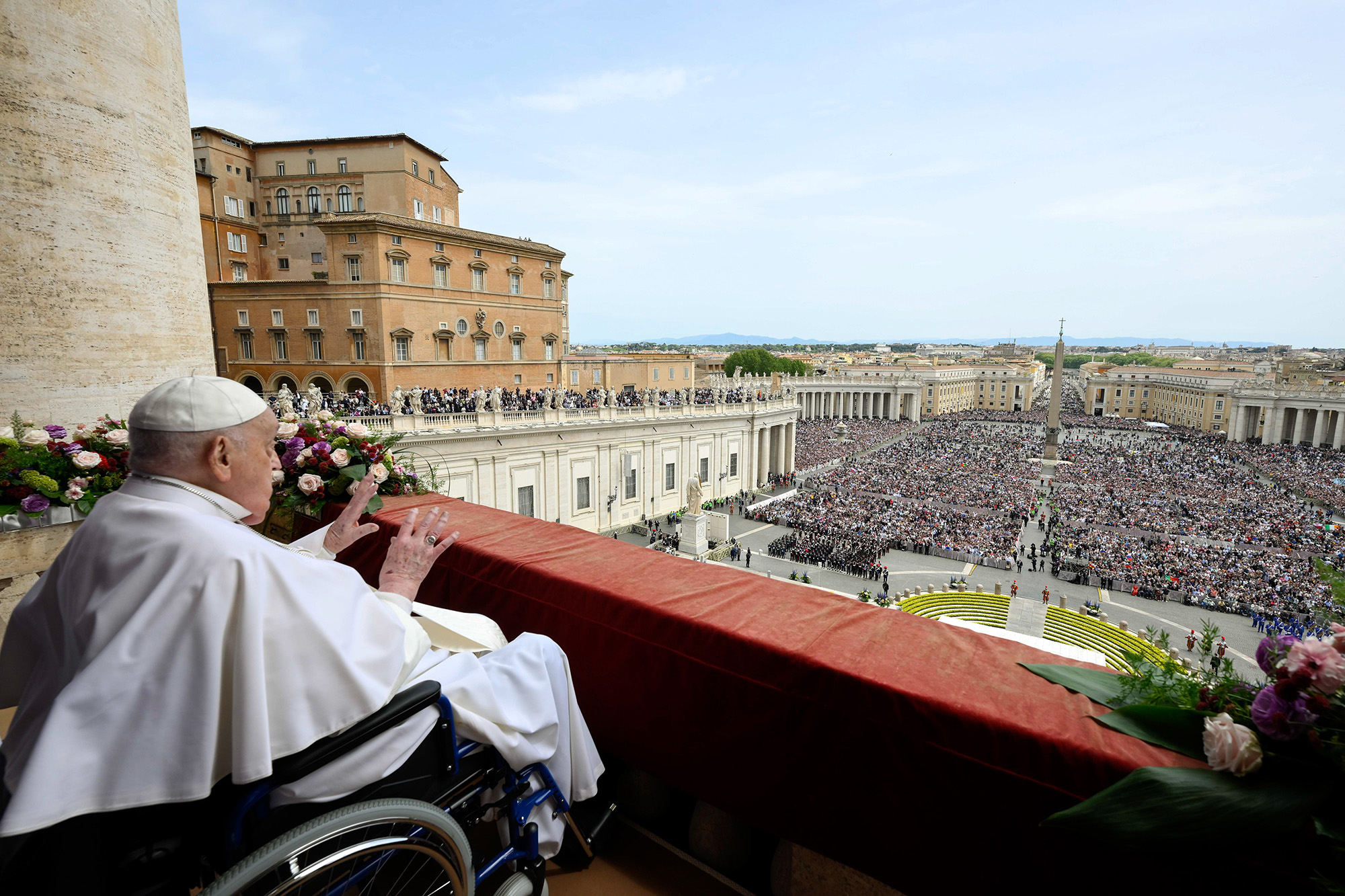SERVE THE LORD WITH GLADNESS | The world needs our witness to both confession and hope

Dear brothers and sisters in Christ,
“We have sinned … We have rebelled … We have not obeyed.”
These words of the prophet Daniel mark the first half of the theme for the second week of Lent: confession.
In his reflections on the seven last words of Christ, Archbishop Fulton J. Sheen tells a story about St. Jerome, the Church father and biblical scholar. Christ appeared to Jerome and asked him: “What will you give me?” Jerome offered his writings, but they were not enough. He offered his life of penance and mortification, but it was not enough. At the end of his wits, Jerome asked what he had left to give. Jesus responded: “Give me your sins” — the idea being that these were weightier than all the rest.
In what sense, though, can we “offer” Jesus our sins?
We certainly don’t offer them as good works. No, we offer our sins with confidence that God is merciful. We offer our sins as an opportunity for God to show the world, through us, who He is.
And that marks the second half of the theme for the second week of Lent: hope. As the prophet Daniel says, after his honest confession of Israel’s sins: “But yours, O Lord, our God, are compassion and forgiveness.”
Confession and hope. The world needs our witness to both of these precisely because the world denies them! But when we confess, we give witness that there is right and wrong — not by pointing fingers at anyone else but by admitting our own wrongs. Then, in the face of objective evil, the world doesn’t believe in forgiveness; we, however, can give witness to the forgiveness that we’ve received from God and can share with one another because we’ve received it first.
The Church gives us the parable of the prodigal son this week (Luke 15) to reinforce this theme of confession and hope. Let’s engage in a thought experiment: If contemporary culture were to rewrite the parable of the prodigal son, what would it look like?
Contemporary culture tries to maintain (with an increasingly shrill voice) that there is no objective right and wrong. If that’s true then there can be no parable: We can’t say the younger son did anything wrong!
But no one can maintain that there’s no such thing as right and wrong. So, once you get the culture to admit that a wrong has been done, there’s only one option: cancel the wrongdoer. Here, again, there can be no parable. There could be no compassionate, forgiving father.
The parable of the prodigal son pushes back against culture on every front. It promotes honest confession but then transforms confession into hope. It promotes hope for mercy but then transforms hope into a challenge to those who refuse to forgive.
The prophet Isaiah captures this combination beautifully: “Though your sins be like scarlet, they may become white as snow; though they be crimson red, they may become white as wool” (Isaiah 1).
Confession without hope leads to despair, and contemporary culture is in grave danger of despair. Hope without confession leads to presumption, and contemporary culture is in grave danger of presumption. We have an opportunity to be — we are called to be — witnesses to an alternative: to the combination of confession and hope.
Let’s show the world a better way.




